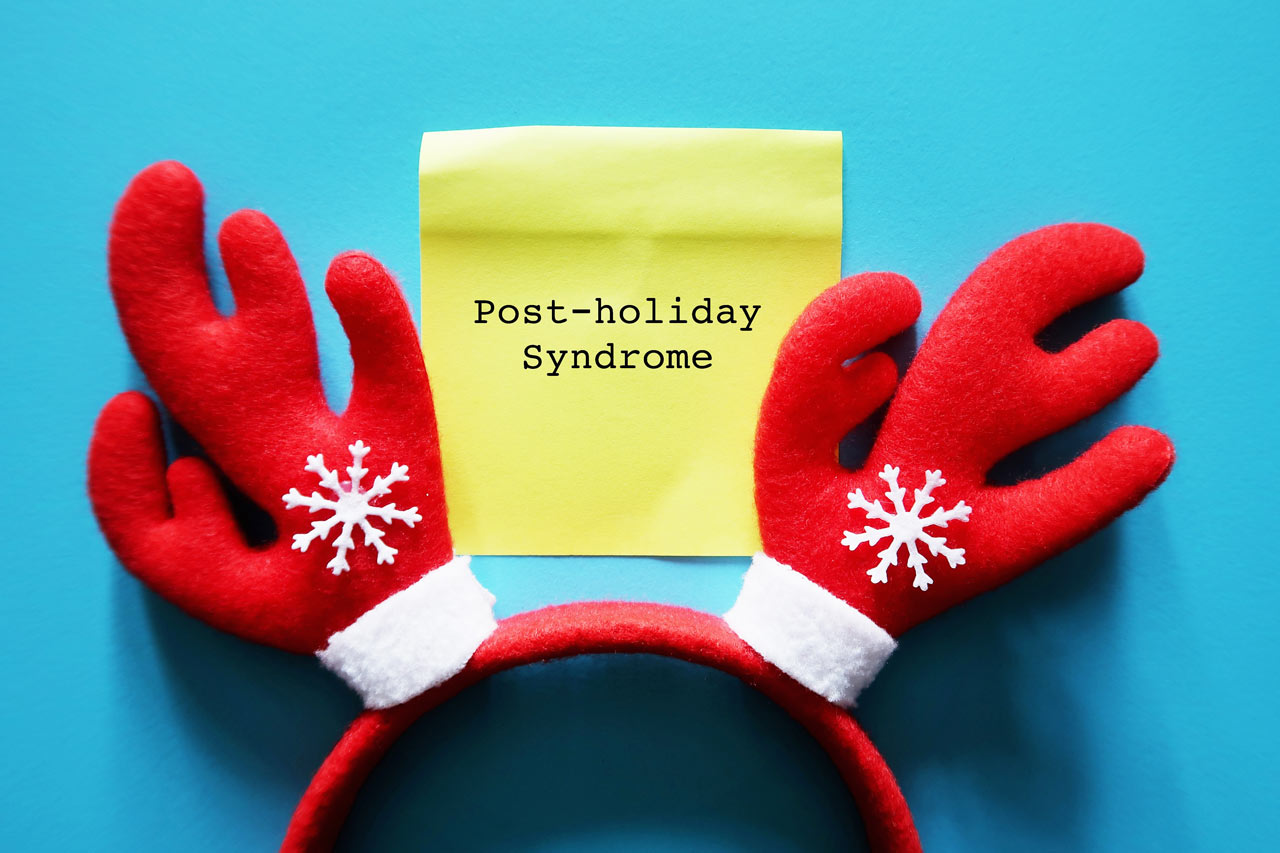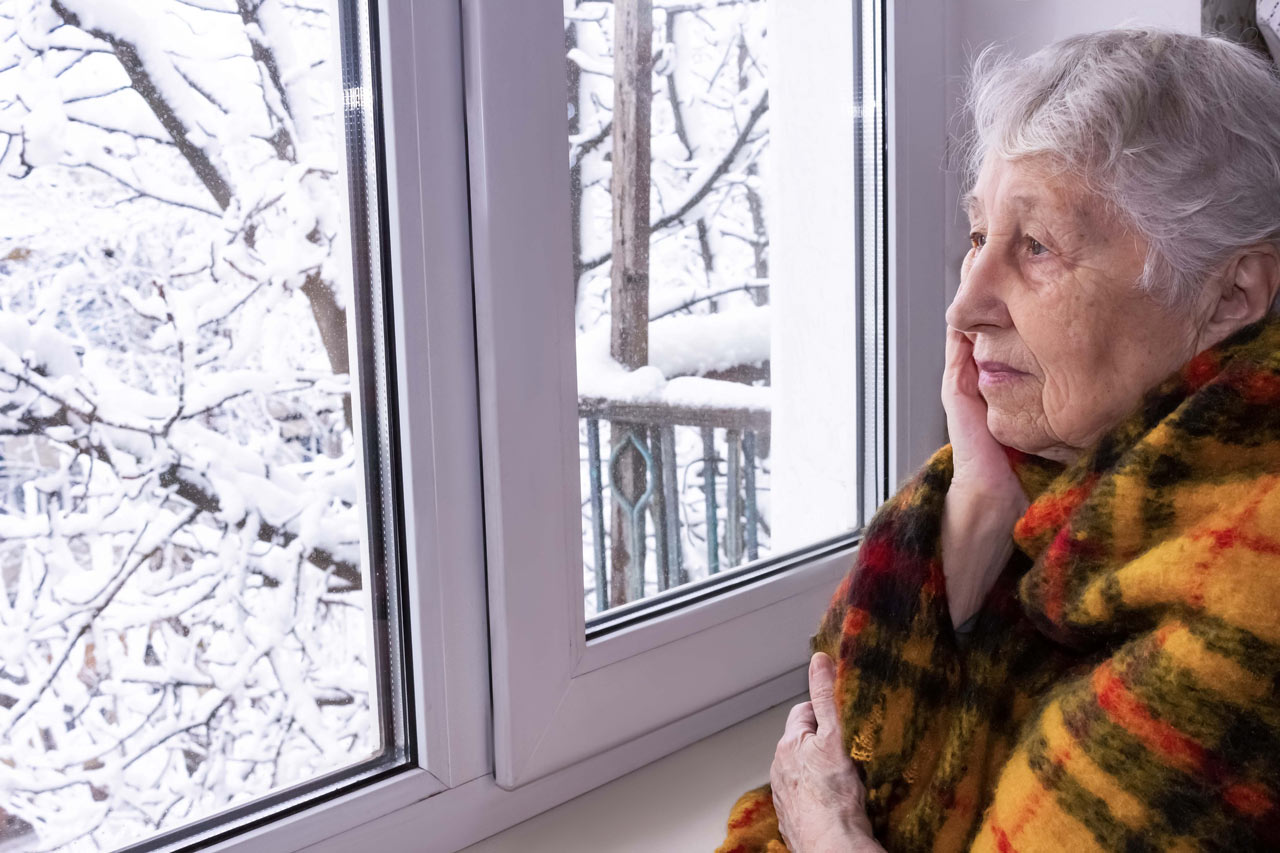Medication Accuracy
The pharmacy has filled all your medications properly. Check the doctor’s orders with what arrives at your home in terms of dosage, frequency, and coverage by Medicare or another insurance. Your doctor may not have ordered generic drugs, and you may be charged a surprising amount of money for medications.
Medical Equipment Mismatches
The refills that your DME (durable medical equipment) company sends you may not match the equipment you have. I am talking about masks, tubing, etc. The supply chain is long, communication between the parts of the system is not accurate, and you must check. Be sure to give an accurate customer service rating so that someone calls you back to see why you were unhappy. That way they call you instead of you calling some company with lots of distributors. Check the make, model, and whether the equipment was recalled. Do not assume everything is safe and a match for your patient’s needs.
Home Health Agency Communication
Do not assume that the CHHA (certified home health agency) responsible for your parent’s short-term care will communicate properly with you and the LHCSA that will provide the aide in the house per their arrangement. There is a schedule of visits that you need to get. There are time sheets you need to sign. There is a plan of care you need to see. There are sloppy companies that don’t fulfill their responsibilities, whether intentional or not. Know who is responsible for what and follow up. Assertiveness is important.
Advocating for Services
You don’t have to accept the CHHA’s decision on what services you will get (occupational therapy, physical therapy, speech therapy, clinical social work, and home care hours). Speak to supervisors and advocate. Unscrupulous CHHAs will give less services than your parent needs. Change the CHHA once you are educated.
Doctor Coordination
Your mother’s doctors are communicating with one another. Call the office and nag so that you have a coordinated team, not random physicians just focused on their specialties.
Medication Interactions
The medications work well together. Get another pair of eyes to look over the list. Have the pharmacist (or a friend who is a pharmacist and knows your mother’s general health situation) look at the list of medications your mother is taking to see if there are any red flags. Don’t assume that they work well together.
Conclusion: What Every Family Caregiver Should Know About Post-Hospital Care
Caring for a parent after they return home from the hospital involves more than just following discharge instructions. From managing medications and coordinating doctor communications to navigating home health agency services and durable medical equipment, the post-acute care journey is filled with potential pitfalls.
To ensure the best outcome for your loved one, family caregivers must ask questions, double-check every assumption, and advocate for proper care at every step. Don’t assume the healthcare system is seamless—take proactive steps to verify services, communicate with providers, and seek outside support when necessary.
At Caring Professionals, we help families understand the complexities of home care services in New York, including CHHAs, LHCSAs, short-term skilled care, and long-term home health solutions. If you’re unsure about your options or need guidance navigating this stage of care, explore our resources or contact us directly for support.
Looking for trusted home care in New York? Visit our website to learn more: https://www.caringprofessionals.com
More home care articles and news from Caring Professionals Home Care Agency:
- Medication Management Tips
- Five Pro-tips for Dealing with a Hospitalized Loved One
- Hospital to Home Discharge Process: Essential Steps and Requirements
- Mastering Caregiving: Essential Digital and Paper Organization Tips for Family Caregivers
- Turn off the TV for my Senior??? Yes
- Handling the Difficult Patient During a Medical Crisis





